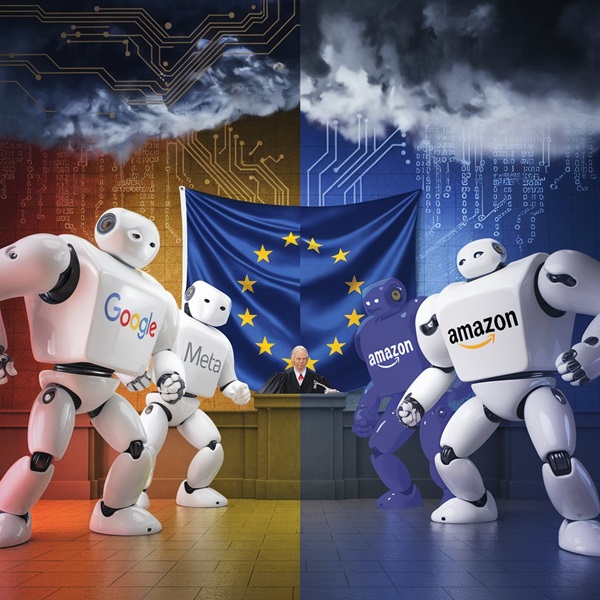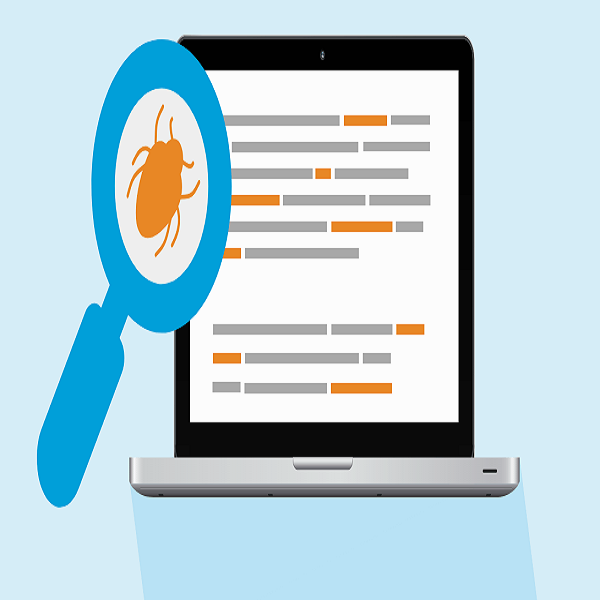As the European Union (EU) moves to finalize its AI Regulation, major tech companies like Google, Amazon, and Meta are lobbying for more lenient regulations. The AI Act is set to become the world’s first comprehensive law governing AI. It addresses issues like transparency, copyright, and data use. Tech companies fear strict rules could stifle innovation and expose them to legal challenges.
What’s at Stake in the AI Act?
The AI Act focuses on high-risk AI systems like OpenAI’s ChatGPT and general-purpose AI (GPAI). These systems must meet strict standards for transparency, accountability, and safety. Companies must disclose detailed summaries of the data used to train their models. If they don’t comply, they could face fines worth billions. However, tech companies argue that too much transparency could expose trade secrets and hurt their competitive edge.
To strike a balance, the EU is also drafting a voluntary AI code of conduct. This framework, expected in 2025, will help companies comply without imposing heavy burdens. It won’t replace the AI Act’s strict rules, but it will offer additional guidance.
Data Scraping and Copyright Concerns
One of the hottest debates in the AI Act is data scraping. Companies like OpenAI and Stability AI have been criticized for using copyrighted material without permission to train their models. The AI Act will require firms to disclose where they get their data. This could allow creators to seek compensation for the unauthorized use of their work.
Tech companies argue that these summaries should contain minimal details to protect trade secrets. However, non-profits like Mozilla push for more transparency. They see the Act as an opportunity to shine a light on how AI models work. This would address concerns about algorithmic bias and the “black box” nature of AI development.
Business Interests vs. Regulation
The AI Act has sparked a wider debate about how regulation affects innovation. Tech firms argue that strict rules could slow down the growth of European startups. Smaller companies, in particular, may find it hard to meet the new compliance standards. This could push innovation out of Europe. Some industry groups have called for exemptions or special rules to help startups compete. On the other hand, supporters of strong regulation say it’s essential to prevent the misuse of AI. They argue that strict oversight ensures ethical AI development.
What’s Next?
The voluntary code of practice, expected in 2025, will provide companies with a checklist to help them comply with the AI Act. While this framework may offer some flexibility, firms will still need to meet the Act’s binding regulations by August 2025. For businesses, the stakes are high. Strict rules could increase costs and slow down AI development. However, a balanced approach could encourage innovation by building trust and lowering long-term legal risks.
For European startups, this situation is particularly delicate. Experts suggest that flexible compliance rules could help smaller firms compete globally while adhering to the Act’s principles. Investors and innovators are watching closely. The EU’s ability to navigate these interests will shape AI’s future in Europe and beyond.
In conclusion, as the EU finalizes its AI Act, tech companies are pushing for flexibility while advocates of strong regulation hold firm. The balance between innovation and accountability is key. Europe’s success in striking this balance will determine the future of AI both within its borders and globally.





